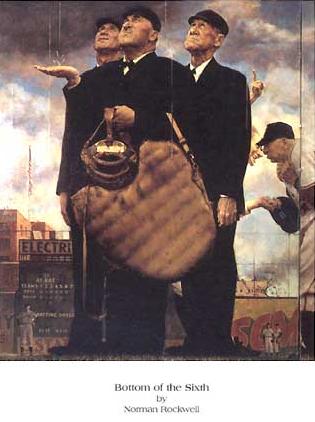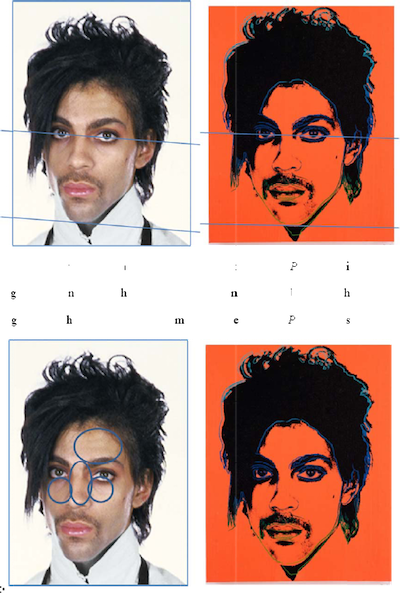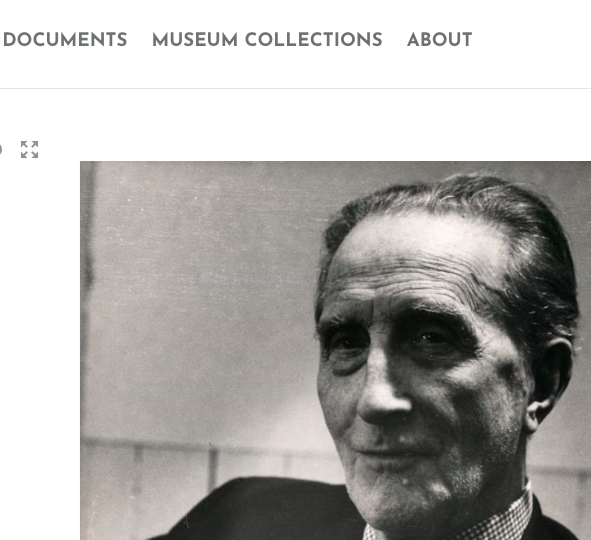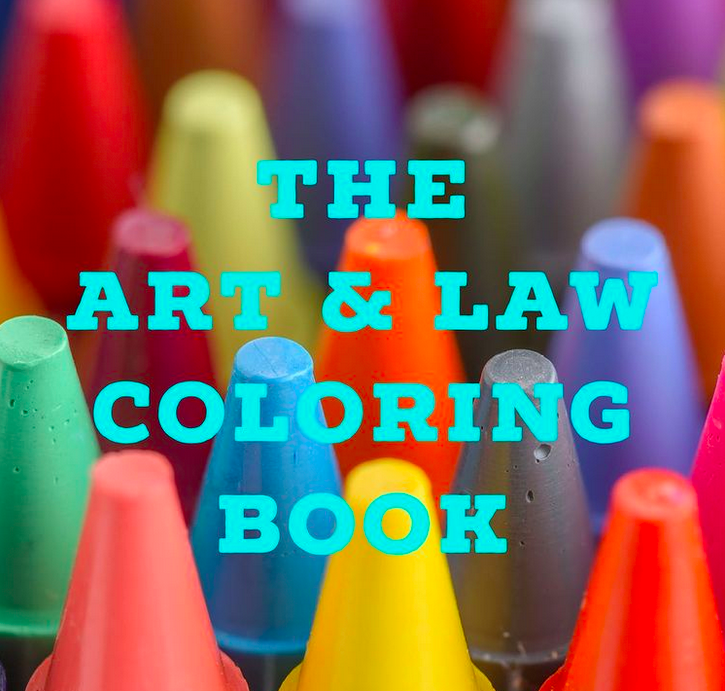May 10th, 2008 by Sergio Muñoz Sarmiento in
Art Law
“Two Google employees were spotted on the Western outskirts of Paris on Friday as they mounted a sophisticated array of cameras and laser scanners on the roof rack of their black Opel Astra. The equipment was connected to a Dell computer visible inside the car. Although the vehicle was unmarked, the driver and passenger said they worked for Google…[.]” However, because Google wants to offer global access via its Street View Program of Parisians in their scarves sipping lattés and reading their Derrida, Google will be forced to think about local laws and culture.
“In France, citizens have a right to their own image (droit à l’image): pictures identifying them as they go about their private business may not be published without their permission. That could put the brakes on Google’s … Street View in France, unless the camera-cars are accompanied by an army of clipboard-wielding legal assistants asking bystanders to sign release forms [.]”
More on this at the The Industry Standard.
May 8th, 2008 by Sergio Muñoz Sarmiento in
Art Law

(Vyto Starinskas/Rutland Herald, via Associated Press)
The NY Times ran an interesting story today regarding a Vermont billboard law which made illegal the exhibition of “hand-painted signs that urge drivers to visit a designated downtown….” Interestingly, what’s at stake in Bellows Falls is not a billboard as we know it but rather a mural painted on the side of a barn. “I told the group when they hired me that you can’t do this because it’s against the law,” said Frank Hawkins, who painted the mural. “As a sign painter, it’s unequivocally a sign to me.” In response to this seemingly absurd law Vermont legislature just passed a measure which exempts murals such as this one.
“The legislation says the exempt signs must be hand-painted on a structure that has been standing for at least 25 years. They must direct people to a designated downtown no more than three miles away.”
“Just because a sign is pretty doesn’t necessarily mean it’s something Vermonters want on the side of their highways,” said John Zicconi, spokesman for the Vermont Agency of Transportation.
May 7th, 2008 by Sergio Muñoz Sarmiento in
Art Law
Last week, Los Angeles artist Kent Twitchell settled his lawsuit against the U.S. government and 11 other defendants for painting over his six-story mural “Ed Ruscha Monument” for $1.1 million. The Los Angeles Times covered that story, and in that article Twitchell speaks about his disgust for malfeasants who take it upon themselves to vandalize his mural, all under the misinformed notion of “free expression.” In today’s L.A. Times, Twitchell defends his position. For more on the lawsuit, see The Art Law Blog.
May 4th, 2008 by Sergio Muñoz Sarmiento in
Art Law
As with Costco, eBay was recently used to defraud art collectors of over $5 million dollars by selling them sophisticated fake works by Warhol, Chagall, Miro and Picasso. In NPR’s Weekend Edition, Liane Hansen interviews a member of the FBI’s art crime team and an art dealer about how fakes are distinguished from authentic works of art as well as how the internet has affected the art market. At any one time, eBay has over 110 million items on sale.
May 3rd, 2008 by Sergio Muñoz Sarmiento in
Art Law
In response to a federal district court’s ruling, “Wisconsin high school students will be allowed to use religious symbols and imagery in their artwork, but not gang related symbols, sex, or blood.”
Read the rest of this entry »
May 3rd, 2008 by Sergio Muñoz Sarmiento in
Art Law
No, the Yankees’ locker room did not catch on fire from an abundance of steroids. Rather , Curtis Publishing Co., owner of Norman Rockwell’s “Bottom of the 6th” painting, has filed a lawsuit in U.S. District Court in Manhattan seeking to stop ESPN from rebroadcasting The Bronx is Burning (a series about the 1977 New York Yankees) until ESPN withdraws the image from the film.

(Bottom of the 6th, by Norman Rockwell)
According to Curtis, ESPN “did not have a license to use the painting and was committing willful copyright infringement.” The eight-part film series has been sold in both DVD and VHS formats. Keep in mind that there is a difference between having title to the painting and owning the copyright to it. However, we’re sure no IP lawyer would have sued if Curtis simply had title. More from the AP here.
May 2nd, 2008 by Sergio Muñoz Sarmiento in
Art Law
A former public school art teacher made at least $20,000 by making fake ceramic vases and bowls in his garden studio and passing them off as the work of renowned artists. 52 year-old Jeremy Broadway began selling his fakes via the internet and eventually offered his fakes to world-famous auction houses such as Christies. The fake works were sold to collectors across the U.S. and Europe, but the exact number of sold fakes is still unknown. A stack of fake pots was found by police during a raid on Broadway’s studio. The Guardian has more on this story.









